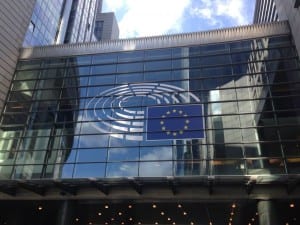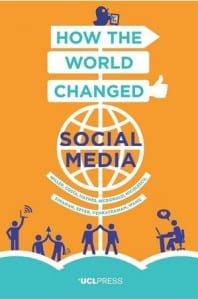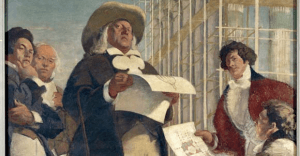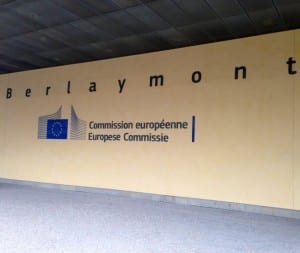Brexit
In light of the Prime Minister’s speech on Brexit earlier this week, I wanted to write to address what that means for UK universities. The full text of the speech can be read here. Universities UK has issued a response to this speech, which can be found here and which I give in full below.

Universities UK responded today to Theresa May’s speech on Brexit
Nicola Dandridge, Chief Executive of Universities UK, said: “We welcome the prime minister’s commitment to ensuring that the UK remains open to international talent. It was good also to hear her talking about the international strength of our university system and the importance of continuing to collaborate in cutting-edge research and innovation.
The UK’s university system is indeed world-leading. Much of this success is due to our ability to attract talented students and staff from around the world and the world-class research we produce with international partners.
There are currently nearly half a million international students at UK universities, with over 125,000 of them from EU countries. 16% of academic staff at UK universities are from EU countries, while 12% are from non-EU countries.
Brexit negotiations must ensure that the UK is still open to EU and international students and that we can continue to access valuable and collaborative European research networks. It was encouraging to hear that the prime minister would like to see the UK continue to play a role in certain EU programmes.
Brexit poses many challenges, but with the right Government support, universities can play a central role in the UK’s economic success and global influence outside the EU. This will, however, require reforms to our current immigration system to ensure that the most talented international students, researchers and university staff can come to the UK and are welcomed, regardless of their nationality.”
For more information on the implications of Brexit for UK universities, see UUK’s Brexit FAQs.
What does this mean?
The Prime Minister’s speech, and UUK’s response, were discussed at the Library’s SMT meeting earlier this week. The speech contains no firm policy positions as yet for Higher Education going forward. There are, however, welcome signs that the Government recognises the challenges posed by the ‘Hard Brexit’ line which will be adopted as a negotiating position: assurance for EU citizens working in the UK, and for UK nationals working abroad; access to EU research funding or future research funding programmes; access to the Erasmus programme underpinning student and staff mobility – these are some of the major issues on which University bodies in the UK will be lobbying Government.
In the Library, we are looking at the impact of Brexit on the value of the £ against foreign currencies, to see how that affects our ability to purchase materials from abroad. Despite currency fluctuations, the projection for the current budget year is that the Library should be able to carry on purchasing as usual. We will, however, continue to keep the position under review. UCL will also update its information and guidance on Brexit as discussions develop.
I want to state yet again that UCL Library Services is recognised as a major European research library, which is open to the world and open for collaborations and partnerships. All colleagues who work in the Library are valued for their professionalism and the contribution they make to the success of our service. This acknowledgement will be uppermost in the minds of University leaders as they lobby Government to address the challenges and to seize the opportunities that Brexit brings.
Paul Ayris
Pro-Vice-Provost (UCL Library Services)
 Close
Close








